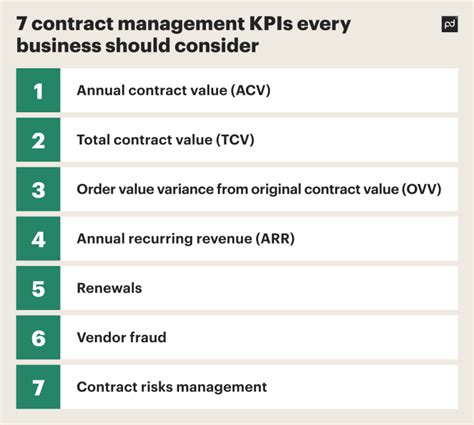بلاگ
Using AI to Enhance Smart Contract Performance Metrics
Using Artificial Intelligence (AI) to Improve Smart Contract Performance Metrics
The world of smart contracts has grown significantly in recent years, with applications ranging from decentralized finance (DeFi) to non-fungible tokens (NFTs). However, as the number of transactions increases, so does the complexity of these contracts. One key aspect that requires special attention is smart contract performance metrics, which directly impact their efficiency and scalability.
Traditional methods of measuring performance involve manual analysis of the contract code, testing on a local machine, and comparing against predefined standards. This approach has its limitations, as it can be time-consuming, error-prone, and may not accurately reflect real-world scenarios. In contrast, artificial intelligence (AI) offers a powerful set of tools to automate and optimize smart contract performance metrics.
Challenges of Traditional Methods
Manually analyzing smart contract code is labor-intensive and requires significant expertise. For example:
- Code review: Identifying potential issues, such as syntax errors or vulnerabilities, can be time-consuming and error-prone.
- Testing: Manual testing is often required, which can be resource-intensive and may not cover all scenarios.
- Benchmarking: Comparing contracts to predefined standards can be difficult without a standardized framework.
The role of AI in smart contract performance measurement
Artificial intelligence (AI) offers several advantages over traditional methods:
- Automated analysis:
AI algorithms can analyze vast amounts of data, identify patterns, and detect potential issues without human intervention.
- Scalability: AI can process large datasets quickly and efficiently, making it ideal for real-world scenarios.
- Flexibility: AI can be applied to different types and environments of smart contracts, including blockchain networks like Ethereum.
Using AI to Improve Smart Contract Performance Metrics
Several AI techniques are being explored to improve smart contract performance:
- Machine Learning (ML): ML algorithms can learn from historical data, identifying trends, patterns, and anomalies that may indicate potential issues.
- Deep Learning: Deep neural networks can analyze complex datasets, such as transaction logs or contract configurations, to detect vulnerabilities or optimize performance.
- Natural Language Processing (NLP): NLP tools can be used to analyze contract code comments, identifying potential issues or areas for optimization.
Real-world examples
Several companies are already leveraging AI to improve the performance of their smart contracts:
- Chainlink: Chainlink’s decentralized oracle network uses ML algorithms to optimize data flows and reduce latency.
- OpenZeppelin

: OpenZeppelin’s security testing framework uses NLP tools to analyze contract code for vulnerabilities.
- Polkadot: Polkadot’s parachain network uses AI-powered monitoring to detect scalability and performance issues.
Benefits of Using AI in Smart Contract Performance Measurement
Using AI in smart contract performance measurement offers several benefits:
- Increased Efficiency: Automated analysis reduces the time and effort required for manual testing and code review.
- Improved Accuracy: AI can identify potential issues that may be missed by human analysts.
- Scalability: AI enables faster processing of large data sets, making it ideal for real-world scenarios.
Conclusion
Using artificial intelligence (AI) in smart contract performance measurement has the potential to revolutionize the development and deployment of decentralized applications.
